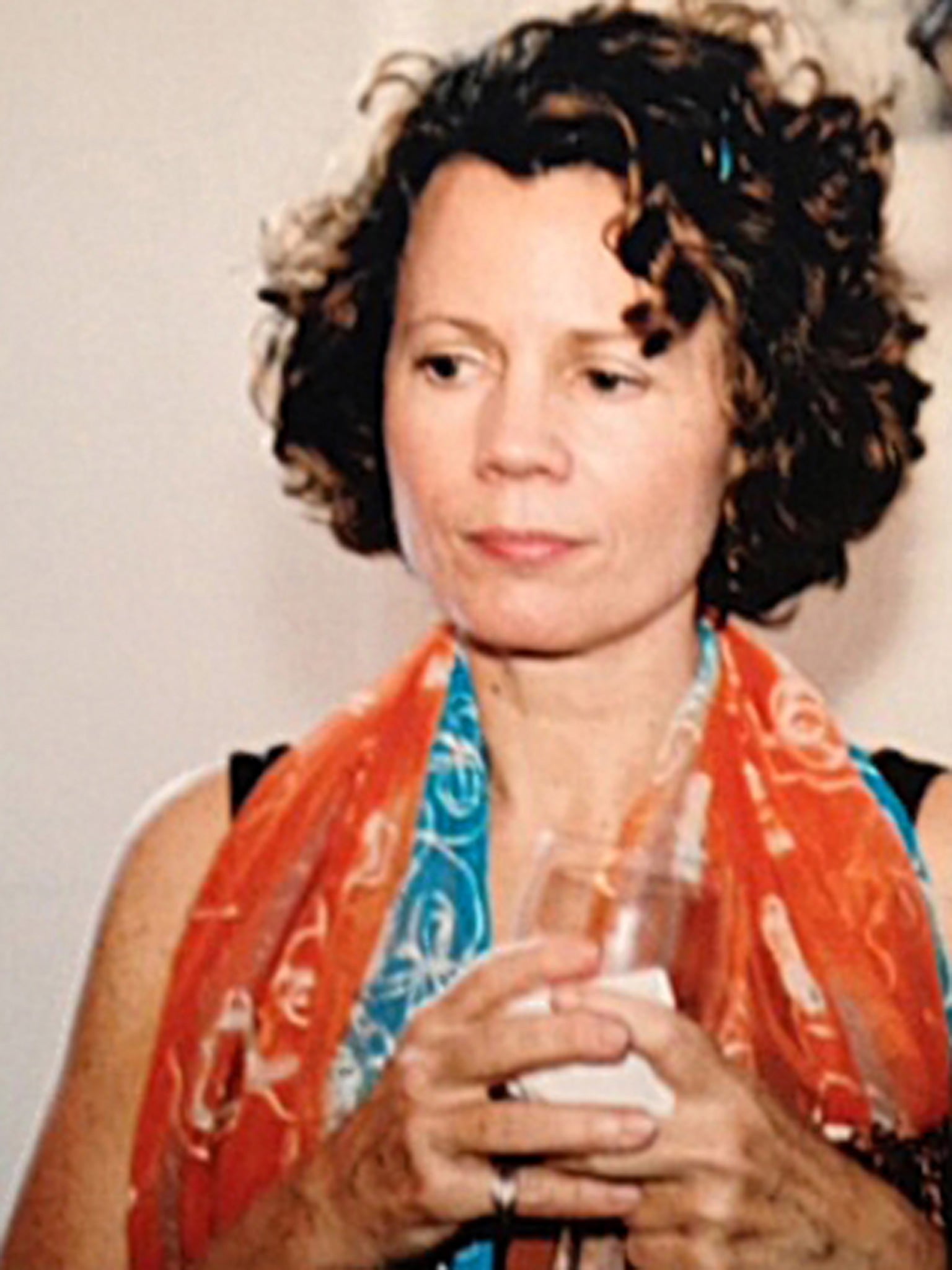
Your support helps us to tell the story
From reproductive rights to climate change to Big Tech, The Independent is on the ground when the story is developing. Whether it's investigating the financials of Elon Musk's pro-Trump PAC or producing our latest documentary, 'The A Word', which shines a light on the American women fighting for reproductive rights, we know how important it is to parse out the facts from the messaging.
At such a critical moment in US history, we need reporters on the ground. Your donation allows us to keep sending journalists to speak to both sides of the story.
The Independent is trusted by Americans across the entire political spectrum. And unlike many other quality news outlets, we choose not to lock Americans out of our reporting and analysis with paywalls. We believe quality journalism should be available to everyone, paid for by those who can afford it.
Your support makes all the difference.Cynthia Brown, who died of cancer in New York on 12 May at the age of 60, was one of the guiding forces of the international advocacy group Human Rights Watch. She started with Human Rights Watch as a researcher in 1982, focusing on the Americas. In 1990, she went to Chile for two years for the organisation and in 1993 she became its first programme director, overseeing every report it published.
Human Rights Watch's executive director Kenneth Roth said Brown "played a central role in establishing the high standards that have come to define Human Rights Watch. She was principled and uncompromising – and played a big part in making Human Rights Watch that way."
Because the early days of Human Rights Watch revolved around the Central American conflicts and military regimes in Latin America, Brown tackled some of the worst human rights violations of the day. When Washington administrations ignored, downplayed or denied oppression, she helped shine a light on the facts and called on the US government to hold its "friends" to account.
The organisation credited Brown with helping to create its strategy of putting together documentation of abuses along with advocating in Washington for the US government to withhold military and political support of governments accused of violations. Brown also was instrumental in forming Human Rights Watch's women's rights division, helping put together the framework, attract funds and find the staff for it. She remained in the position until 1999 and then continued to work with the organisation in roles on the policy committee and elsewhere.
Join our commenting forum
Join thought-provoking conversations, follow other Independent readers and see their replies
Comments